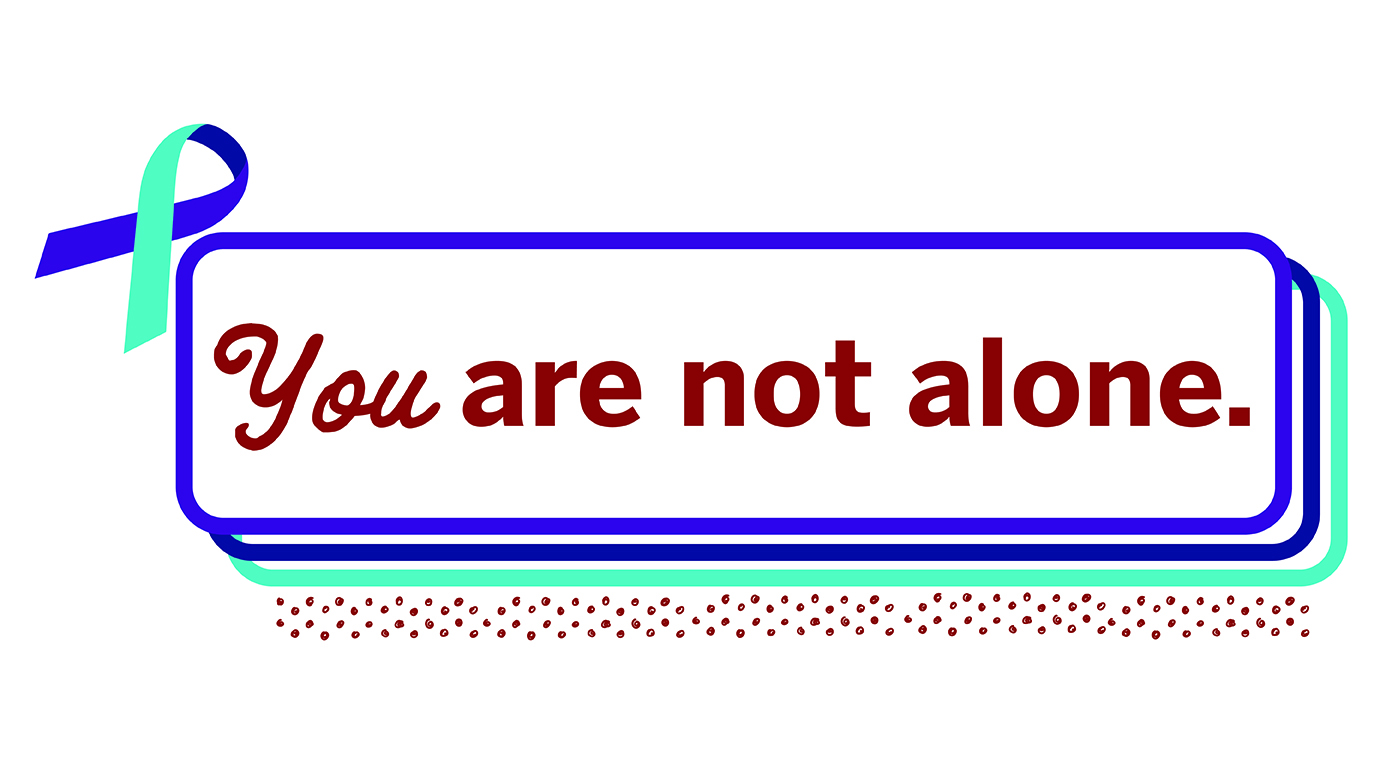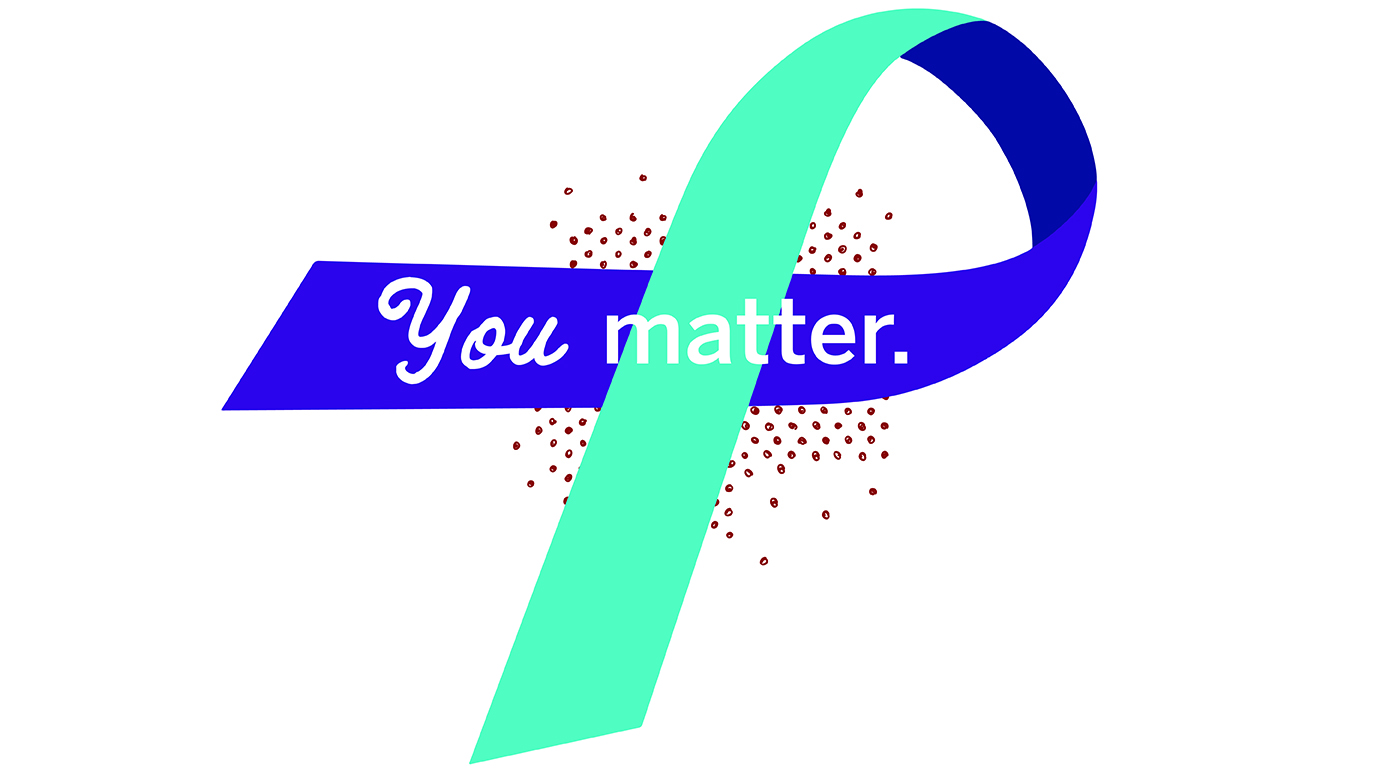Suicide Prevention Awareness Month
We all have a role to play in suicide prevention

Recognize the signs

How to respond

-
 Mental health services and crisis support
Mental health services and crisis supportCounseling and Psychological Services
For support at CAPS from 9 a.m. to 4 p.m., visit our office on the second floor of Lockefield Village (980 Indiana Ave.) or call us at 317-274-2548.
-
 24-hour support
24-hour supportTimelyCare Talk Now services
All IU Indianapolis students have access to TimelyCare and can receive mental health care and resources virtually 24/7.
-
 Suicide and crisis lifeline
Suicide and crisis lifelineDial 988 now
If you or someone you know is currently experiencing thoughts of suicide, or a mental health crisis, please call 9-8-8 to speak with a trained crisis specialist 24/7.
Additional resources
